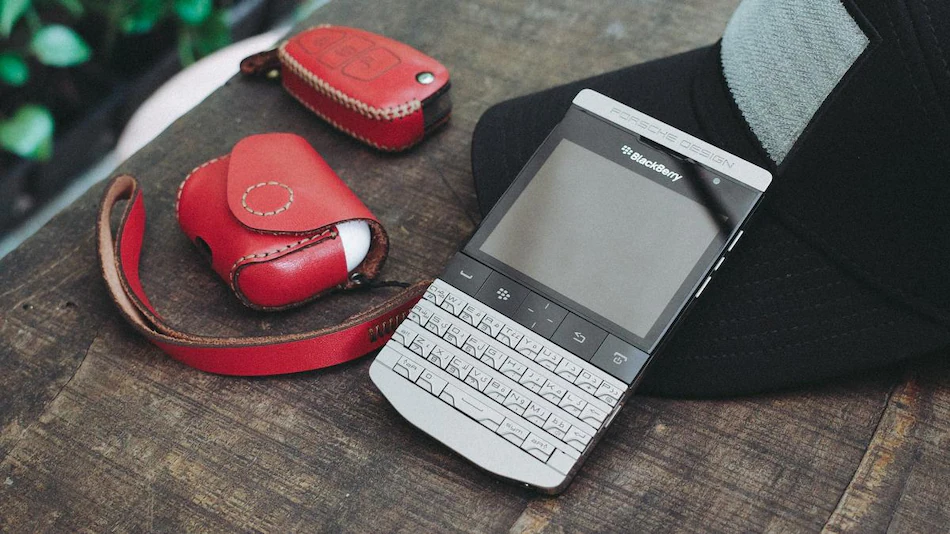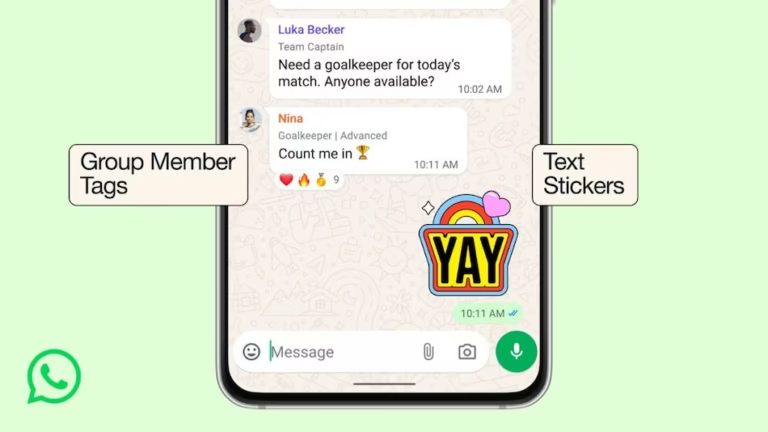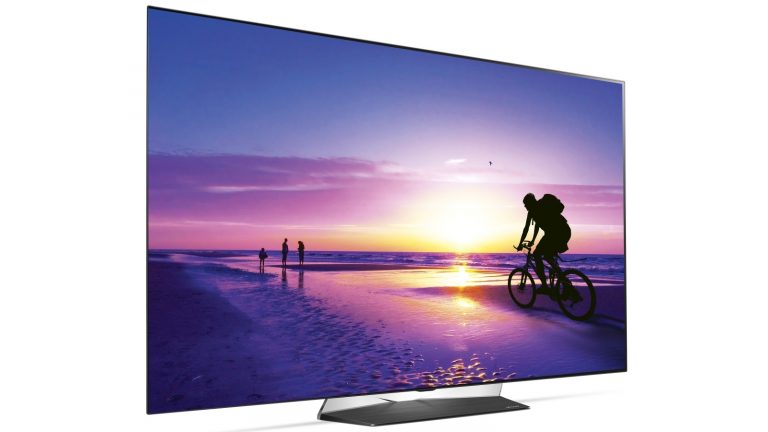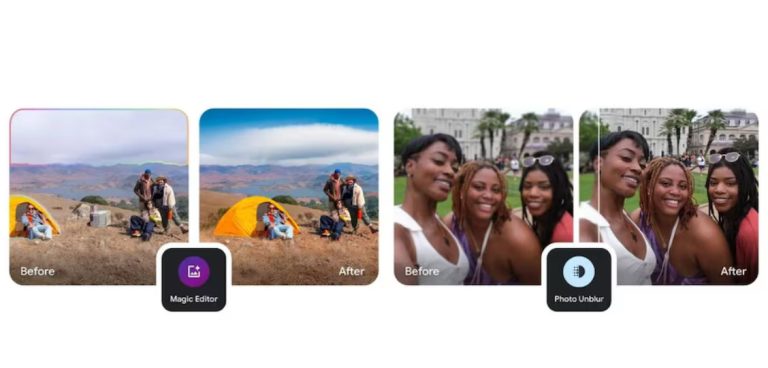BlackBerry OS Devices Will Stop Working Properly From January 4th

BlackBerry has already bitten the dust in the smartphone market and lost its allure, as even its most ardent fans may now be using an iPhone or an Android device.
However, because some people may be using BlackBerry phones, the Canadian company has reiterated that its devices will no longer be able to support legacy services via cellular and Wi-Fi connectivity beginning next week.
The company announced the move in September of last year, but extended its service as a “thank you” to its loyal customers and partners. Notably, the update does not apply to BlackBerry phones running the Android operating system.
Devices running BlackBerry 7.1 OS and earlier, BlackBerry 10 software, and BlackBerry PlayBook OS 2.1 and earlier versions will no longer be able to “reliably function” as of January 4, according to an updated note on the company’s website.
This means that there is no guarantee that BlackBerry phones with cellular or Wi-Fi connectivity will be able to access data, make phone calls, send text messages, or even call 911 in an emergency.
It’s not surprising given BlackBerry’s decline in the early 2010s.
The Waterloo, Ontario-based company worked hard to re-establish itself. BlackBerry 10 was introduced in 2013 as a replacement for the aging BlackBerry OS in order to appeal to Android and iOS users. In 2015, the company also made the switch to Android, releasing the BlackBerry Priv as a new slider phone to compete with Apple and Samsung’s flagships. All of this, however, did not contribute to its success.
To retain its brand name with third-party devices, BlackBerry eventually brought licensing partners such as TCL Communication for global markets and Optiemus Infracom in India in 2016. Models such as the BlackBerry KeyOne and Key2 were introduced by the licensing partners.
TCL, on the other hand, announced in February 2020 that it would no longer manufacture BlackBerry phones. Other brand licensees have also remained silent since October 2018, following the release of the BlackBerry Key2 LE, the brand’s final phone.
In 2020, Texas-based startup OnwardMobility teased the release of a 5G BlackBerry phone in 2021. However, that model has not yet emerged.
The removal of legacy services from BlackBerry phones does not imply that the BlackBerry brand has died. The company is currently working on security software and services for a variety of businesses and governments around the world.
BlackBerry as a company even outperformed Wall Street expectations for third-quarter revenue last week, reporting a net profit of $74 million. This was significant when compared to a loss of $130 million the previous year.







